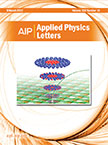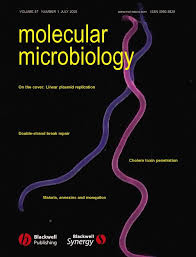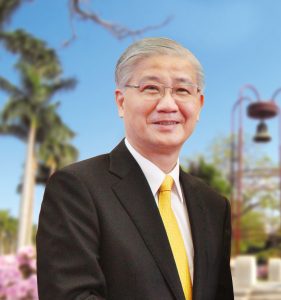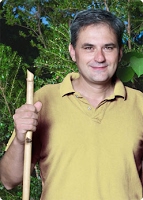 A rising star in nanotechnology, Dmitri Lapotko, has received his second retraction within a month over “a finding of research misconduct” that the university will apparently only disclose on a need-to-know basis.
A rising star in nanotechnology, Dmitri Lapotko, has received his second retraction within a month over “a finding of research misconduct” that the university will apparently only disclose on a need-to-know basis.
According to the notice, the journal’s editor and publisher issued the retraction after Lapotko’s former institution—Rice University in Houston—notified them of research misconduct and cited figure duplication issues, which meant the results “should not be relied upon and may be scientifically unsound.”
We recently covered the Belarusian physicist’s first retraction in the journal Theranostics, in which an official at Rice would not confirm a misconduct inquiry, telling us that, “Rice University’s investigations of research misconduct are confidential.”
This time, however, the retraction notice explicitly states that a Rice University research integrity officer reported research misconduct to the journal Applied Physics Letters (APL). We contacted the official, B.J. Almond, who still stuck to the original script: Continue reading Research misconduct finding — which university won’t discuss — leads to second retraction for prominent physicist
 A researcher who resigned from the University of Dundee in Scotland after it concluded he was guilty of misconduct has issued his first retraction.
A researcher who resigned from the University of Dundee in Scotland after it concluded he was guilty of misconduct has issued his first retraction.
 A researcher in Germany has been banned from seeking money from the largest independent research funder in the country for five years after an investigation by her former employer found her guilty of misconduct.
A researcher in Germany has been banned from seeking money from the largest independent research funder in the country for five years after an investigation by her former employer found her guilty of misconduct.




 Ask and ye shall receive: A journal has retracted a 2014 paper by Paolo Macchiarini,
Ask and ye shall receive: A journal has retracted a 2014 paper by Paolo Macchiarini,